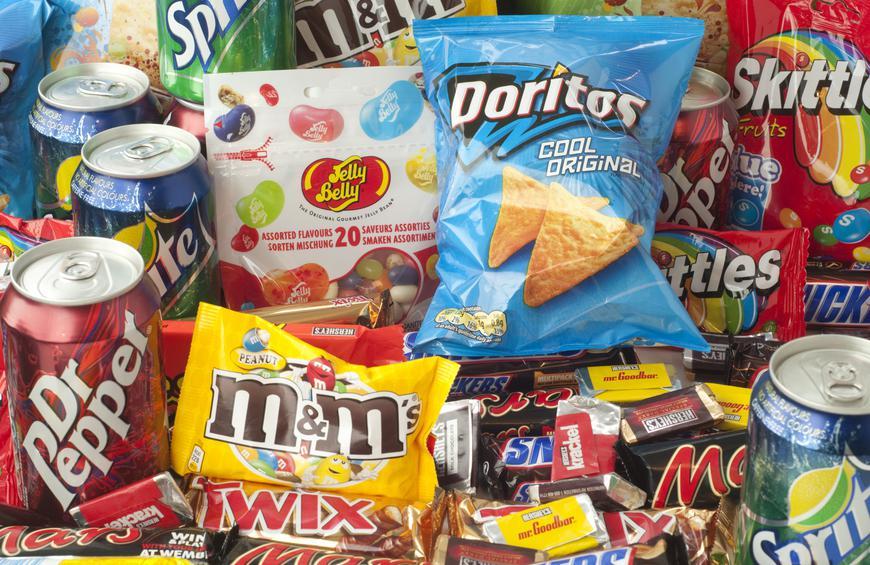Should we ban junk food in the cafeteria? This is a topic that is frequently discussed within the school community. Among the students, the popular opinion is no, but the majority of adults answer yes. I believe that junk food should not be banned in the cafeteria because there are many benefits to allowing children to consume this food.
Since we eat lunch so early in the morning, kids typically aren’t hungry enough to have a full meal, and sometimes a small snack is ideal. Although a healthy snack is rationally the best option, in reality, kids aren’t going to desire to buy an apple or a cup of fruit. Ultimately, with or without the school providing snacks most kids are going to bring their own. By providing these snacks at the school we can control to some extent what students consume. By having snacks that are slightly healthier but still considered junk food, students will be tempted to buy those instead. As said in an article by SchoolConnects, “Junk foods are craved more by kids of various schools when they are not permitted.” Banning junk food will have the opposite effect intended, only creating more problems. These students will only want to eat junk food more. This proves that banning junk food from the cafeteria is not a solution to making kids eat healthier, and will more likely than not make them want to eat junk food even more abundantly.
Evidently, getting rid of junk food completely isn’t the right way to go. Lindsay Kenetman from Today’s Parent has said that “Rather than teaching kids that certain foods are bad or making decisions about what kids should eat… schools should take a more proactive approach.” Schools should not take away the option but teach their students how to make the choice. Banning junk food can cause eating disorders and food fears. Again, causing more harm than good. I believe that schools should give students options but ensure that kids know the benefits of choosing the healthiest foods. Instead of trying to control students’ diets, which is impossible to control considering their parents and individual wants, schools should inform students on the nutritional benefits of healthier foods and help them understand how to maintain a good balance between junk and healthier foods. Letting kids make decisions about their school lunch will help them be able to tackle other choices they face later in life.
With everything said, clearly, the best choice would be to keep junk food in the cafeteria. Between the potential for food fears and eating disorders in teenagers and the loss of control the school will face when it comes to what kids consume, the answer to if junk food should be banned is a resounding no. There are many other solutions to this problem that do not have to involve the complete ban of junk food. In the end, keeping junk food in cafeterias will improve the well-being of students and teach them how to make healthy decisions.







